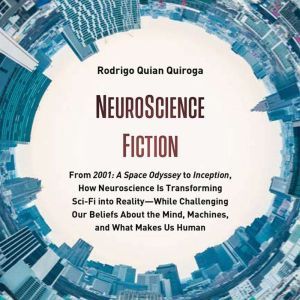About Rodrigo Quian Quiroga
Rodrigo Quian Quiroga holds a Research Chair at the University of Leicester, UK. He is the director of the Centre for Systems Neuroscience and the Head of Bioengineering at the University of Leicester. He graduated in Physics at the University of Buenos Aires, Argentina and obtained his PhD in Applied Mathematics at the University of Luebeck, Germany. Before joining the University of Leicester in 2004, he was a post-doctoral fellow at the Research Center Juelich, Germany, a Sloan fellow at the California Institute of Technology, USA and had short stays at RIKEN, Japan and the University of Nijmegen, The Netherlands. He has held visiting positions at the Leibniz Institute for Neurobiology in Magdeburg, the International School for Advanced Studies (SISSA) in Trieste, Italy, the University of California Los Angeles, the California Institute of Technology, the University of Buenos Aires, and CONICET. He obtained a young investigator award by the American Epilepsy Society, in 2010 a Royal Society Wolfson Research Merit Award and in 2014 he was selected as one of the 10 UK RISE Leaders in Science and Engineering.His main research interest is on the study of the principles of visual perception and memory. He discovered what has been named "Concept cells" or "Jennifer Aniston neurons", neurons in the human brain that play a key role in memory formation, a finding that was selected as one of the top 100 scientific stories of 2005 by Discover Magazine. His work has been published in about 100 research articles and has received world-wide media attention, including articles in The New York Times, The Washington Post, Scientific American, New Scientist, The Independent, and others. He is also the author of Borges and Memory, linking the thoughts of Argentinean writer Jorge Luis Borges with memory research in Neuroscience.



